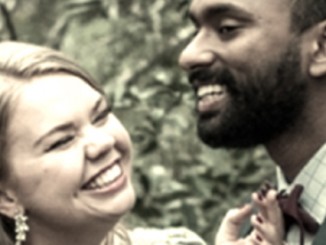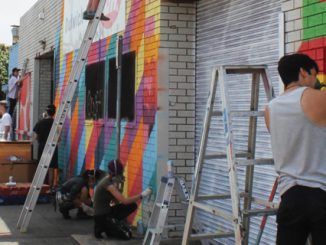
Meet the woman behind Cara House, the Inner West’s sanctuary for children who have experienced abuse.
When Mary Jo McVeigh came to Australia from Ireland in 1991, she intended to stay for a year. With a Masters of Social Work, she moved from CatholicCare, where she worked as a child sexual assault counsellor, to the Department of Family and Community Services and she began working for them on occasion while she was raising her children.
When her kids reached school age, she rented an office on Parramatta Road in Leichhardt. Soon she had to hire more staff to meet the demand for her services. “People just wanted me to do more and more work.”
Mary Jo’s unique approach to therapy has long attracted the attention of supervisors, colleagues and clients alike. It is so intangible that it’s only recently she has come to define it herself. “The closest I can name it is my cultural heritage,” she says. Without realising, she had brought elements of Celtic mysticism into her attitude to trauma and healing.
She tells me that in her native Irish Gaelic there is no word for ‘trauma’. Rather, it is referred to as ‘out of balance’ or ‘out of harmony’. For patients, this perspective manifests in a deeper appreciation that “they are greater than their behaviours, greater than their suffering.”
Mary Jo has worked from Concord for the last 12 years at Cara House, counselling children and adults alike. Her practice is heavily referral-based: FACS, foster care and GPs all direct survivors her way.
It’s a chilling line of work. When I ask her about her most difficult emotional hurdle, she is silent for moment. “People assume it’s hearing children’s suffering,” she begins slowly, “but for me it’s what the adults do. I see it and after 30 years… I cannot believe they do this.”
“Have I lost any children therapeutically because I couldn’t work with them in thirty years? I don’t think so.” It is the system that fails her patients.
Children are torn from Cara House when the funding runs dry. The impact of budgetary restraints takes a terrible toll.
“It’s breaking my heart that we put a dollar sign on someone’s suffering,” McVeigh says.
Words by Hannah Craft



